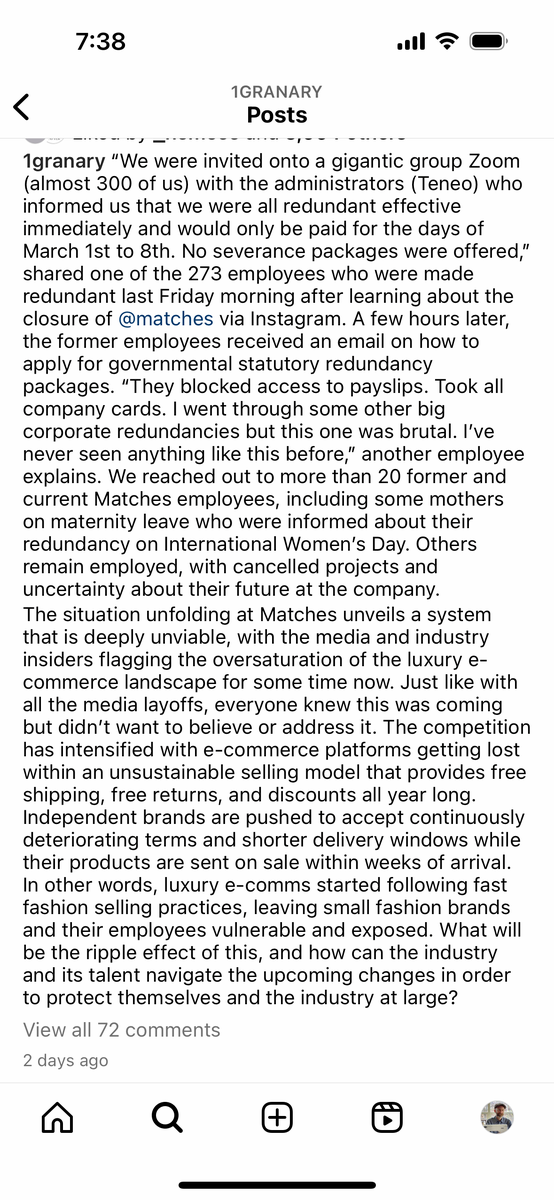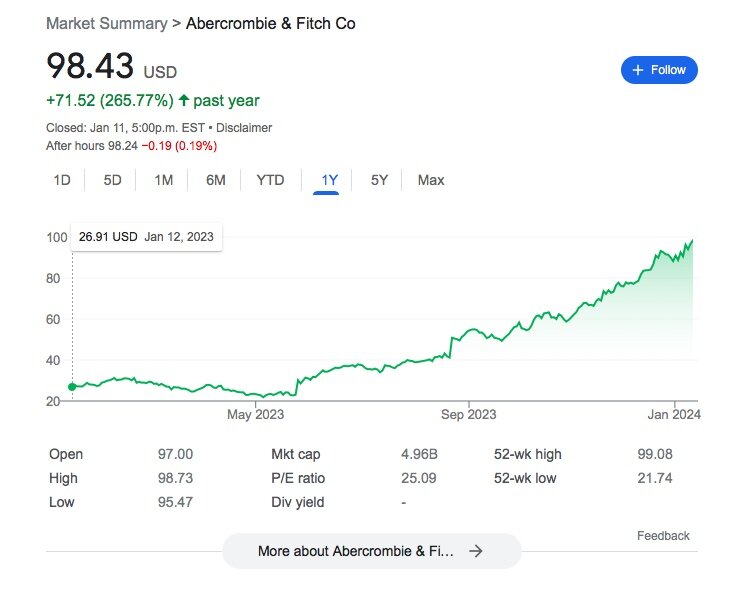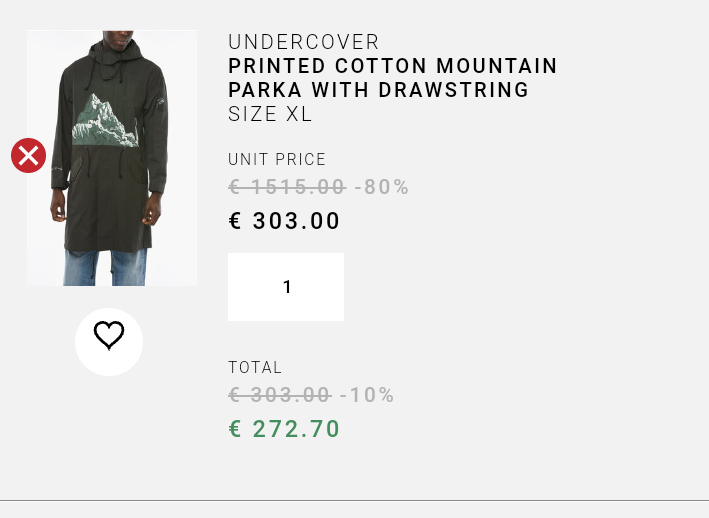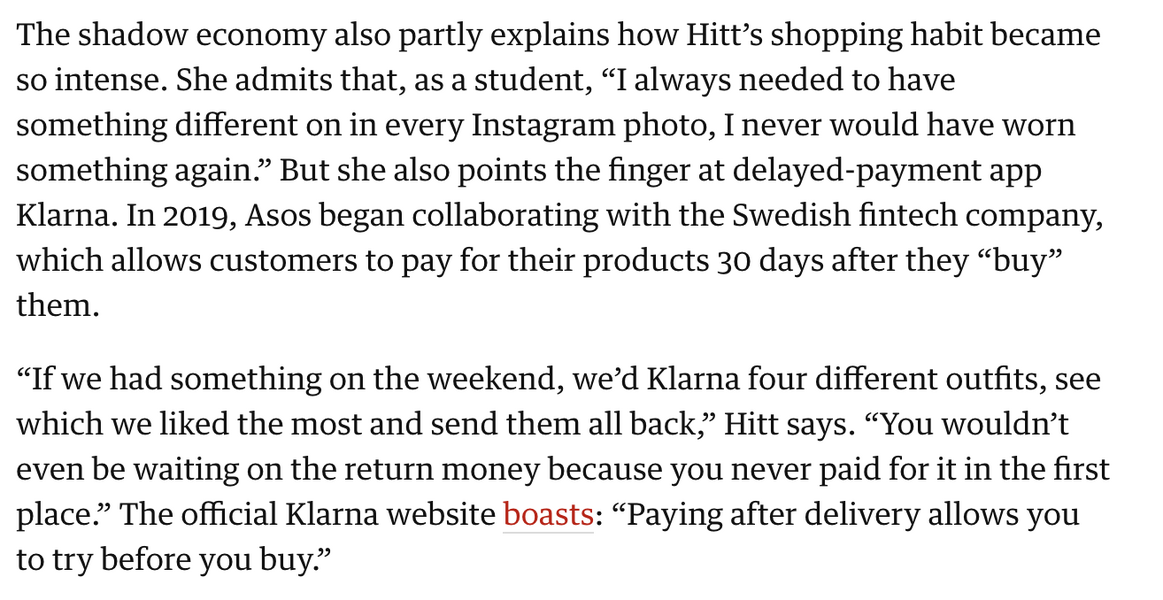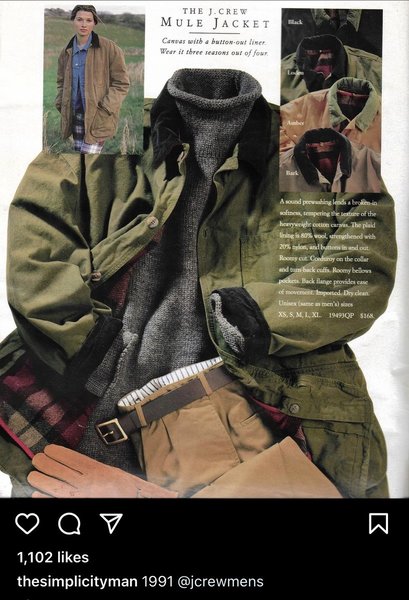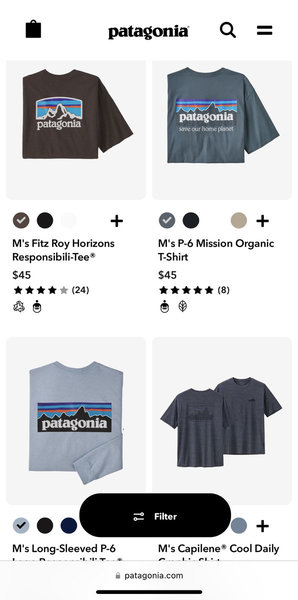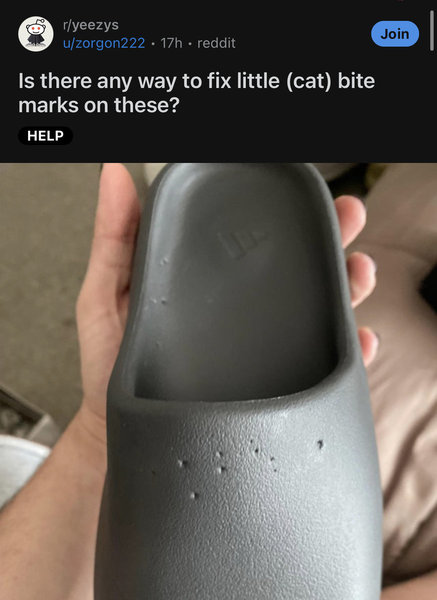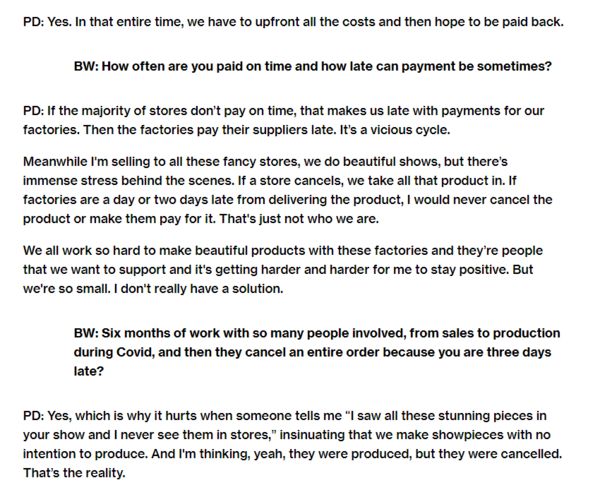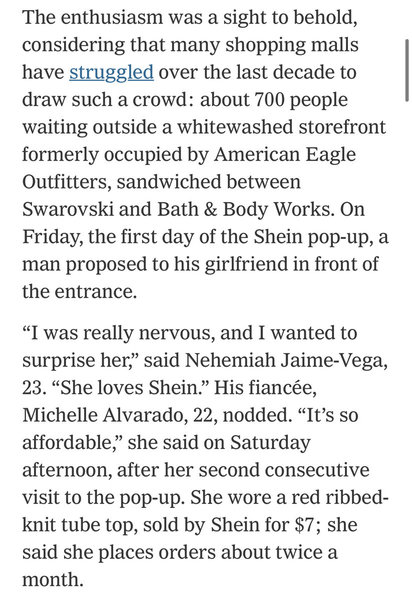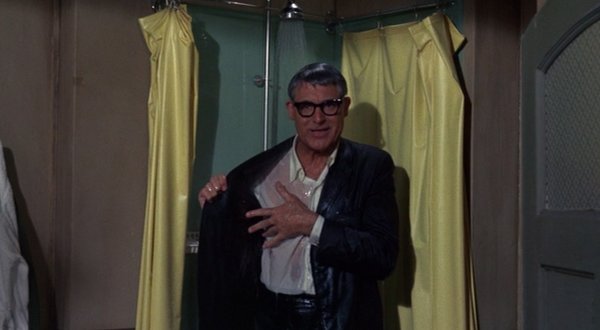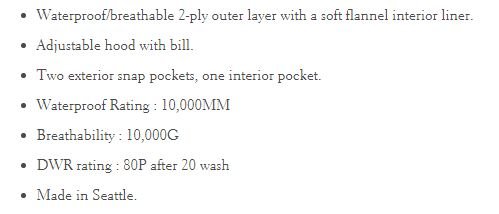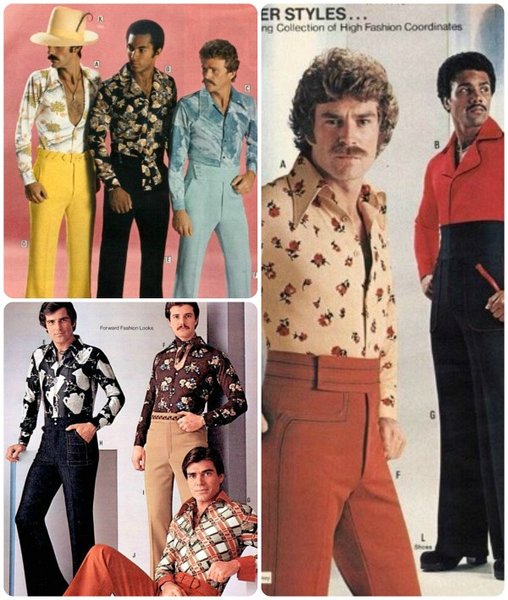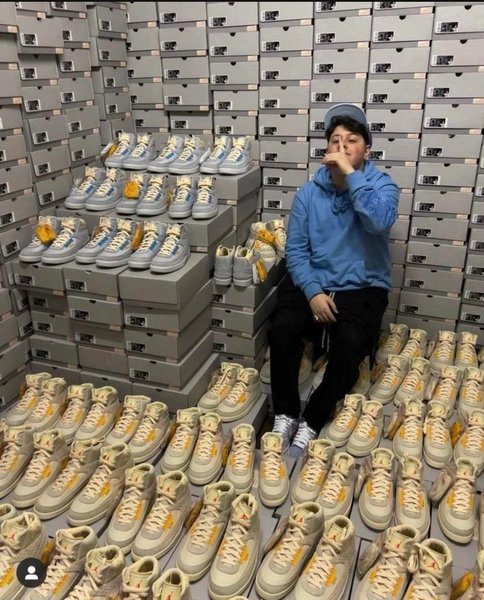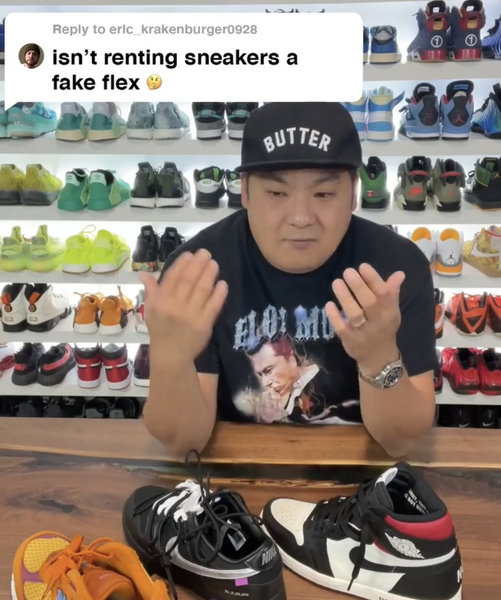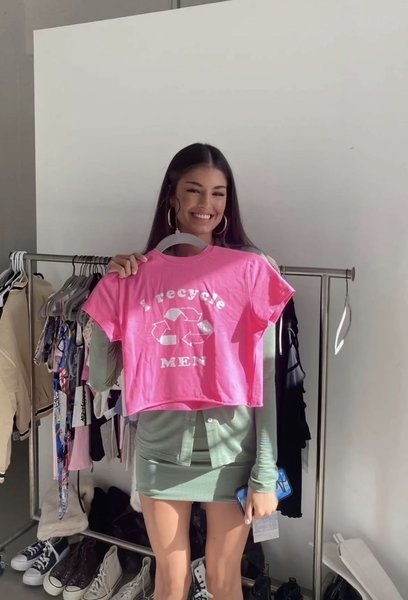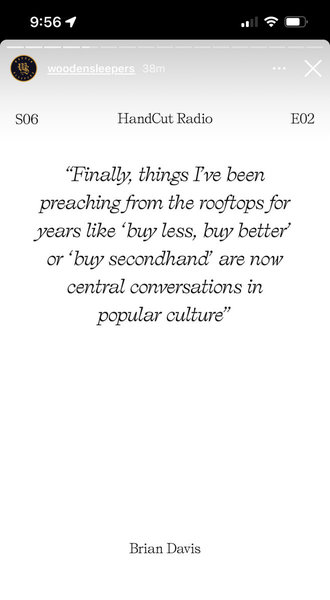- Joined
- Jun 9, 2005
- Messages
- 45,620
- Reaction score
- 54,467
For every day it is in stock, you pay rent for the space it takes, salaries for the people employed, insurance for the inventory, cost of debt if you're using credit lines to finance inventory. That's excluding cost of capital, which should be factored in as well for a true understanding of return (i.e. what return would the company expect to get if investing that same money into an alternative investment). Every dollar used for this is not used for something else.Is there an equation for the "hard cost" of not selling a piece of clothing? Obviously you have the cost that went into producing it, and the cost of acquiring it if you're a third party seller. But what are the hard costs of keeping it in stock? Is it just the space costs of storage?
Or is it that those funds need to be freed up for next season's buy - so selling it at a discount becomes a necessity?

